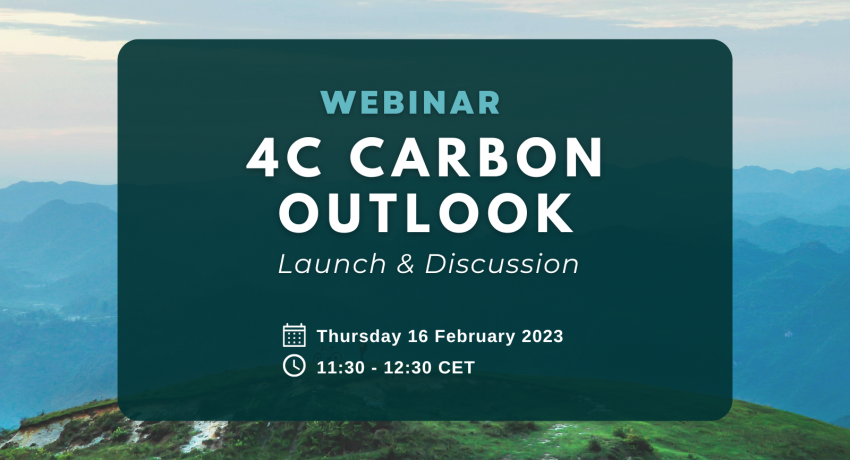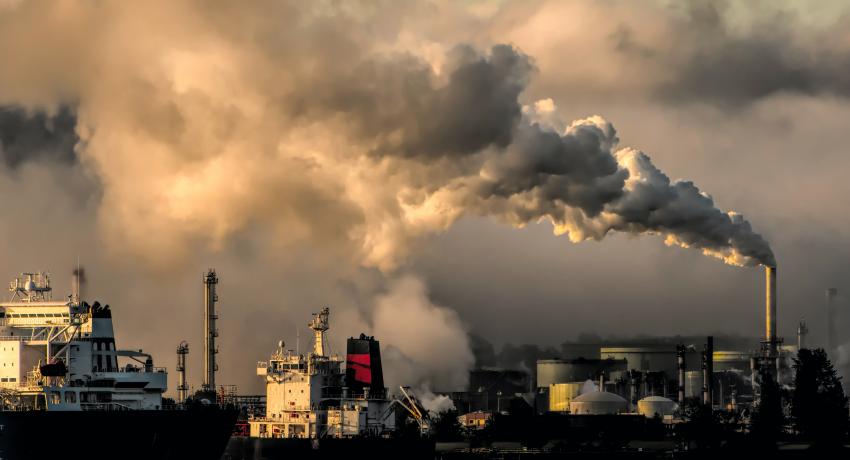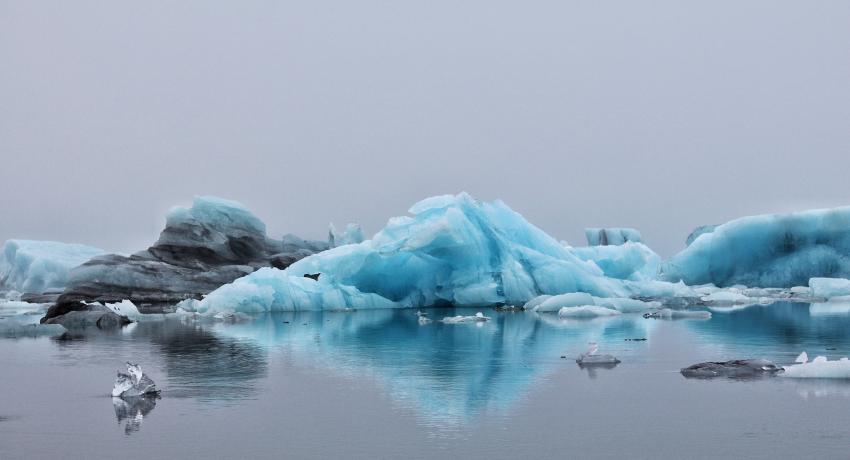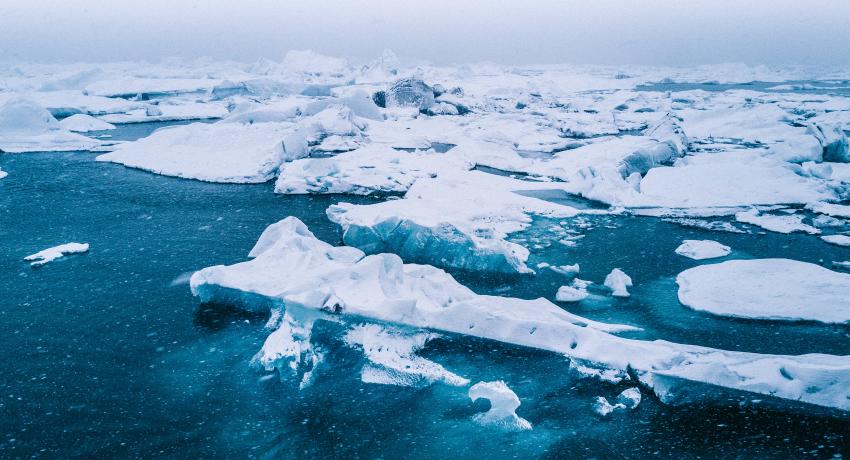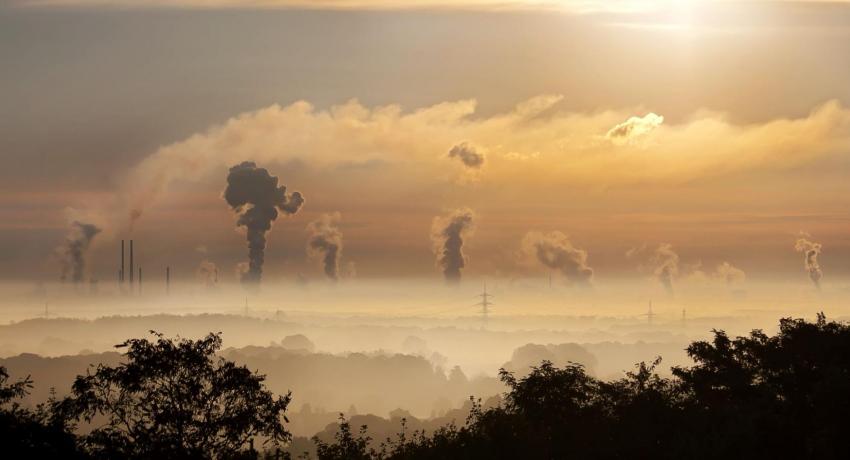Climate change affects ocean s capacity to absorb carbon
The ocean plays a crucial role in absorbing carbon dioxide (CO2) from the atmosphere, resulting from human activities like burning fossil fuels, cement production, and changing land use, such as deforestation. It takes in about 30% of the CO2 we release. Initially, this CO2 is absorbed at the ocean's surface and then transported to the deep ocean, where it is stored for centuries. In this manner, oceans function as a natural carbon sink, which is crucial in mitigating climate change.


